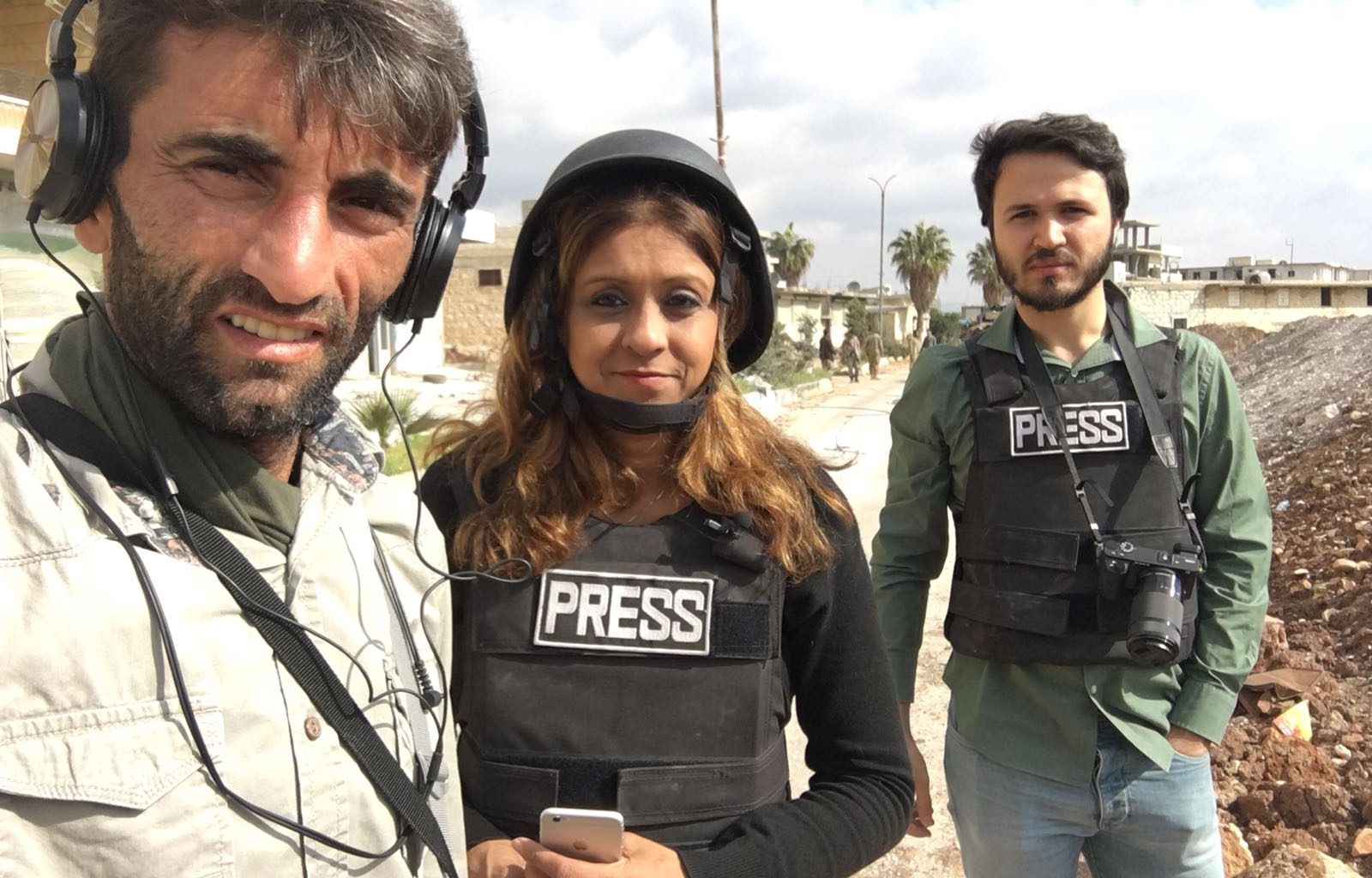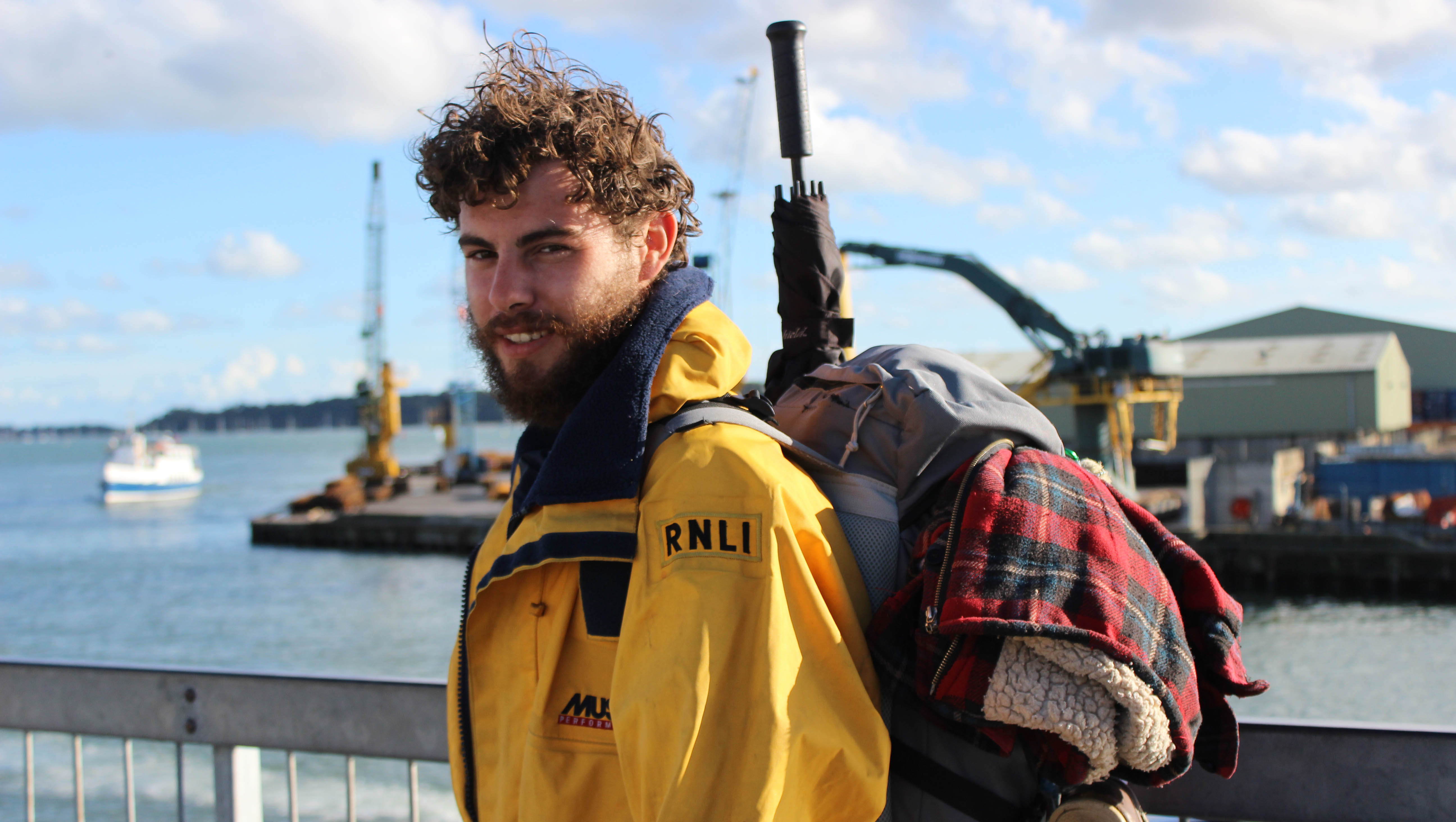The spotlight on the war in Gaza seems to be eclipsing the attention on other conflicts that are raging across the world. The Ukraine conflict, for instance, on which the media had lavished attention, seems to be less reported. Why is this so?
“New wars drive out old wars,” said Tim Judah, special correspondent for The Economist. “It is inevitable that when things don’t change people get [bored of a conflict] and then something new comes along.”
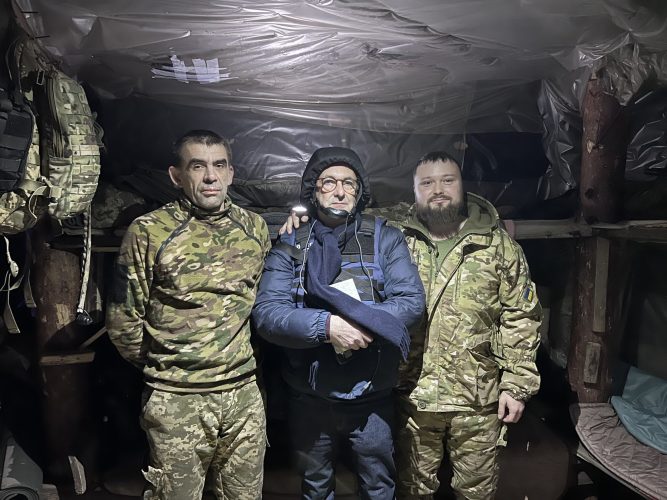
Talking about the coverage of the Russia-Ukraine and Israel-Gaza conflict, he said: ”It’s a shame that we are writing the one side of the story properly. The media is not writing the other side of the lines. If the story is about Russia, then the media is only writing about the hardship of Ukraine, not Russia and the same goes with Israel-Gaza.”
Alex Crawford, Sky News special correspondent, echoed Judah’s view on the reporting of Ukraine. She said: ‘’There’s still bombing but it’s not moving. The front lines are pretty static.” Based on this Crawford thinks the public’s interest is waning.
”They don’t see any movement there,” she said. “They don’t see any development there and that is a real problem for Ukraine to keep up the support, I think.”
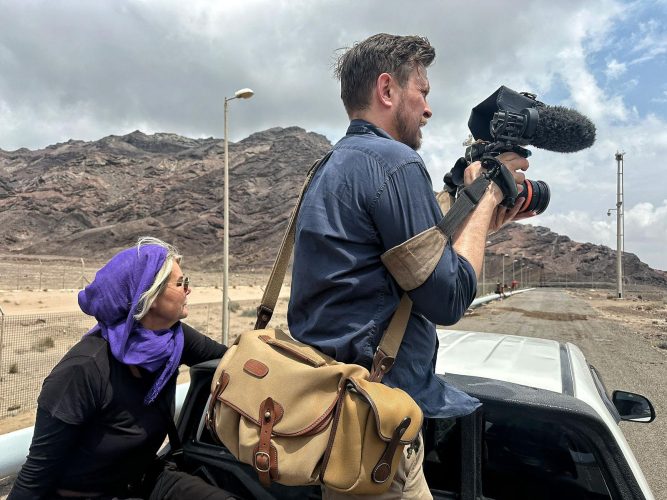
Crawford said the Gaza-Israel conflict might be a factor in declining public interest in the Ukraine conflict.
“I think it’s been eclipsed a little bit by what’s happening in Gaza,” she said. “I also think, even with Gaza, the public’s capacity to absorb all this death and destruction is quite limited.”
According to Crawford, Gaza is “very polarising” and the “approach of different international actors has affected the coverage”.
Ben Anderson war journalist and filmmaker, based in New York, said that “misinformation” and “concerns“”“ around government spending might be impacting people’s feelings about the Ukraine war. “There was a lot of disinformation at the beginning,” he said. “Did we provoke Putin by encouraging Ukraine to join? I think it’s nonsense.”
Anderson said people often misunderstand the situation. He said he has daily debates with people about the situation in Gaza and Palestine. “People just don’t know what the daily situation there is,” he said. The simple act of going to the West Bank and “just watching how the Israelis are treating the Palestinians”, he said, would help understand the conflict.
“People say it’s the most complicated conflict in the world,” Anderson said. “It goes back hundreds of years. It’s the simplest conflict in the world when you just go there and see it with your own eyes.”
“Most people just think it’s ancient religious hatred. It’s not, it’s a military occupation and if you’re
Palestinian, you have pretty much no hope of any kind of life,“ Anderson said. “When people are humiliated like that on a daily basis, of course some of them are going to lash out. That doesn’t justify it — I would never justify attacking civilians — but it does explain. I find that kind of explanation is often missing.”
The importance of going to a conflict zone as a journalist and seeing things first-hand is important to Anderson. He also felt it was important to spent time in places.
“I realised that a lot of the big famous TV journalists, they might be in the right country, but they’re not
really hanging around in the right place for enough time to really see what’s happening,” said Anderson. “I can go to these places and just hang around for weeks, and eventually be at the right place at the right time and capture some powerful footage, and I can show people what’s going on.”
Shamim Chowdhary, foreign correspondent for the Associated Press, said: “Any public broadcaster in any part of the world will have their priorities that are going to be the reflection of their government policies and its people’s interests.”
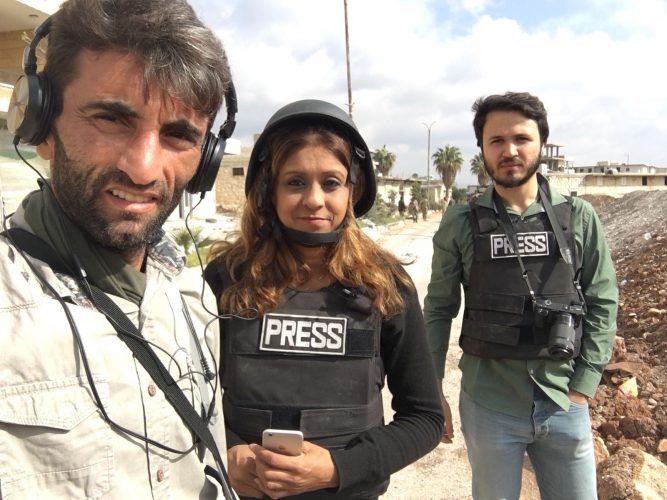
According to Chowdhary the ways in which the reporting of the Gaza-Israel conflict can “vary vastly”. She said: “Depending on who the outlet is, which outlet is broadcasting it, and the position that they will take will often to some degree or other reflect the position of their governments, no matter how independent they say they are. The reality of it is at least to some degree, there will be an element of which overlap between how you and what’s the government’s position.”
Discussing the Russia-Ukraine and the Israel-Gaza war, she said: “Sometimes wars can officially end but the violence can go on for years and years to come. It’s not like you have six days, six months of war, and then one day, everything is fine, and everything is back to normal.”
It’s always the ordinary people who pay the heaviest price in wars, Chowdhary added.





